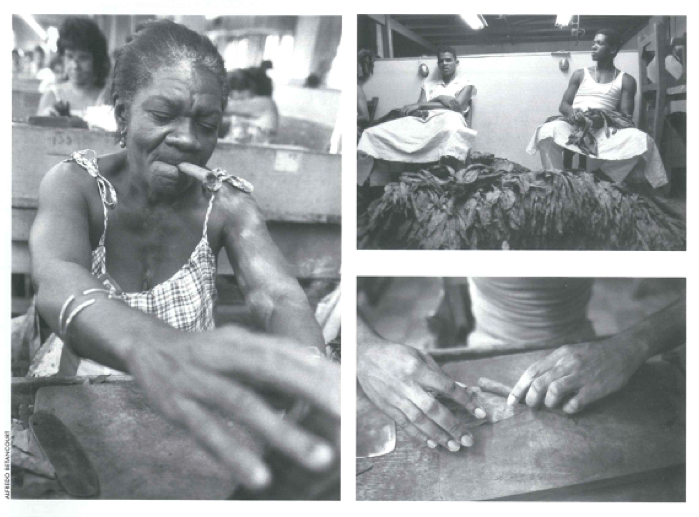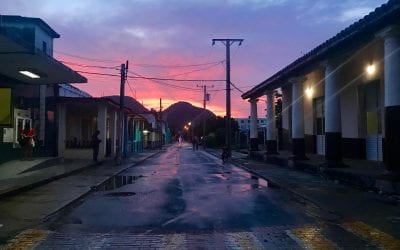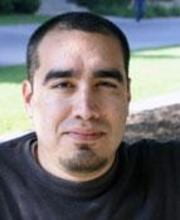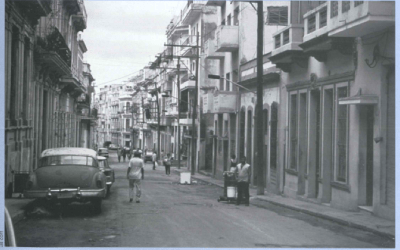Tobacco and Sugar
Creative Struggles in Caribbean Literature

“Tobacco and Sugar” is the course that focuses American literatures on the Caribbean, and that acknowledges the unavoidable importance of monocultures for cultural studies. Much of the political, historical and creative activity in the Caribbean develops in the tensions between tobacco and sugar.
It is the seductive, productive and also destructive, tension that Fernando Ortiz locates at the core of Caribbean experience, in his monumental Cuban Counterpoint of Tobacco and Sugar(1940), where feminine, frilly sugar and masculine smokes invent challenges for each other. The difference between tobacco and sugar is also the strain between political options on other Hispanophone Islands, as Dominican Pedro Francisco Bonó had theorized them the 1860s: sugar enslaves people, in its mindless, brutal labor on vast tracts of land; while tobacco democratizes, with small holders, highly skilled labor, and quiet collective spaces for rolling cigars, where hired readers educated even illiterate workers.
Do North Americans wonder why their own organized labor history begins among cigar workers? Some reading between Cuban and Puerto Rican immigration and Samuel Gompers’ immigrant New York makes the connections clear.
Do Latin Americanists ask themselves why Carpentier’s The Kingdom of This World, or Juan Bosch’s La Mañosafeature details about sugar and tobacco production? One way of reading classic Caribbean narrative is to notice that production as a protagonist in these stories. Nature is not a background or an irrational force here, as it used to be considered in literary criticism, but -converted through markets – it becomes a very active agent. The course is an effort to take account of that agency and to appreciate the creative struggles in Caribbean literature, with tobacco and sugar.
Winter 2000
Doris Sommer, Harvard Professor of Romance Languages and Literatures hopes to teach “Tobacco and Sugar (Spanish 186) again in the fall 2000-2001 semester. She also led the “Havana in Literature Study Tour to Cuba in January.
Related Articles
Isabelle DeSisto: Student Perspective
encountered the first obstacle of my trip to the Isla de la Juventud before I even left Havana. Since American credit cards don’t work in Cuba, I couldn’t buy my plane tickets online. But that…
Honoring Humanity: An “Interview” with Richard Mora
Mauricio Barragán Barajas: Why don’t we begin by having you introduce yourself? RM: Alright. I was born in East Los Angeles, and grew up in Cypress Park, a barrio in…
The “Wordly” Classroom
Nearly two years ago, I took 17 graduate public policy students from Harvard’s Kennedy School of Government, ages 23 to 40, to Cuba as part of a short course called…




